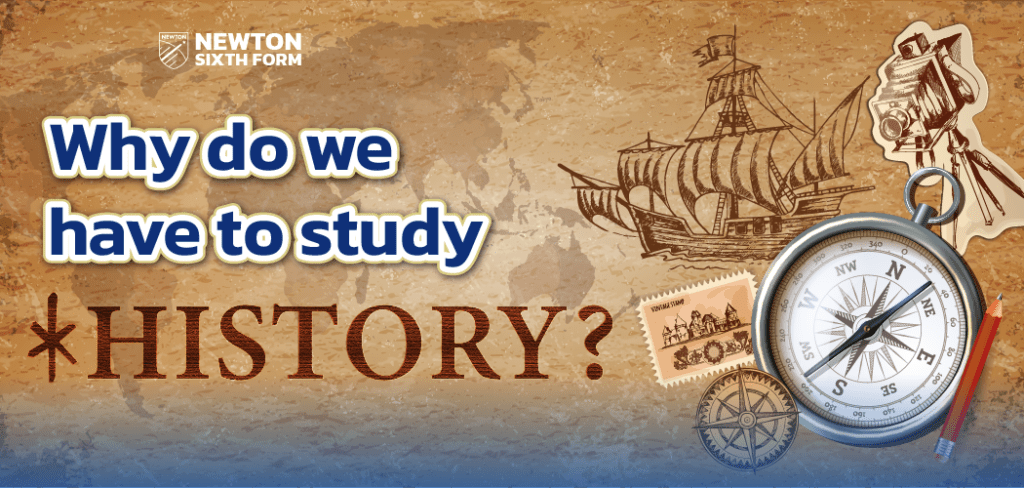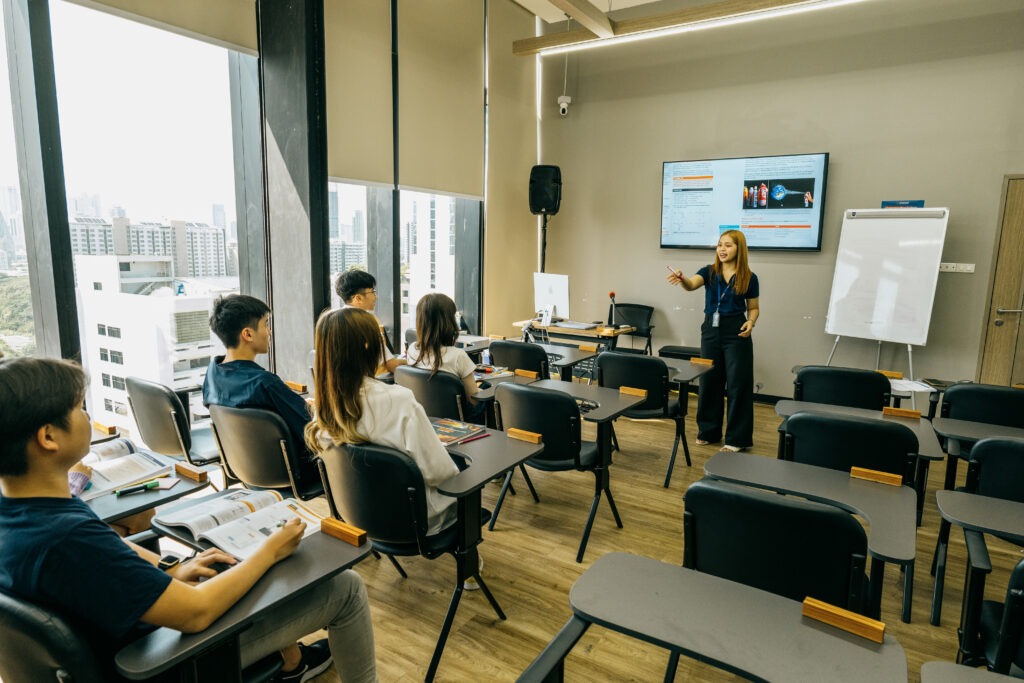Why do we have to study history?

“History repeats itself” I would like to start with this phrase because it is the core of this article. After that we will go back in time together to explore why we have to study this subject as a compulsory class for Year 11 students at Newton.
In the past 5,000 years of human history (let’s start from the Egyptian people, 3,000 BCE), we can see many historical events that, both caused by humans and nature, happened repeatedly all over again. We saw the rise and fall of a great civilization like the Roman Empire. We saw the development of the Soviet Union until it collapsed in 1991. We witnessed the great Tsunami that hit Thailand and Indonesia in 2004 before Cyclone Nargis hit Myanmar in 2008. Both disasters led to huge casualties.
These four events show that whatever happens in history, they will happen again. It does not necessarily happen in exactly the same way, but there is a pattern! We can even have a broken heart with the same person more than one time. Is that right? Now, if it happens again and again, how can we learn from it?
How can we learn from history?
There must be some benefits from learning history. More or less. But, of course, as a co-teacher, I can guarantee you that studying history gives us huge benefits.
Firstly, you can avoid the same mistake from happening again. Take the Cuban Missile Crisis as an example. It was in 1962 when the world had to hold its breath because World War 3 was so close to breaking out! The action that prevented the war was a decision by John F. Kennedy, U.S. president at that time, and Nikita Khrushchev, the Soviet Union’s leader, that agreed to take one step back. Both Kennedy and Khrushchev knew history and understood that going forward would trigger World War 3, the nuclear war that could kill more people than the first two. See? If you understand history, you can avoid the same mistake!
Secondly, a path to great success can be followed. Even some repeats led to disasters, but many led to an accomplishment. Dr. Martin Luther King Jr. (That’s right, I’m talking about a man who ‘had a dream’) was inspired by Mahatma Gandhi’s non-violent approach that led to the independence of India from British rule. During his movement to call for the civil rights of all African-Americans in the United States, Dr. King realised that a peaceful demonstration was the only way to achieve his goal. In the end, after years of nonviolent campaigns, the Civil Rights Act of 1964 and the Voting Rights Act of 1965 were signed by the president.

Congratulations on reaching the last paragraph! How do you feel about studying history? After reading this article, I hope you can see that not only are there mistakes that we can prevent, but there are also great lessons that we can learn to build a bright future.
See you in History class!
Written by P’Boat Executive Assistant and History class co-teacher, The Newton Sixth Form
Edited by Chin Integrated Marketing Communication Officer








